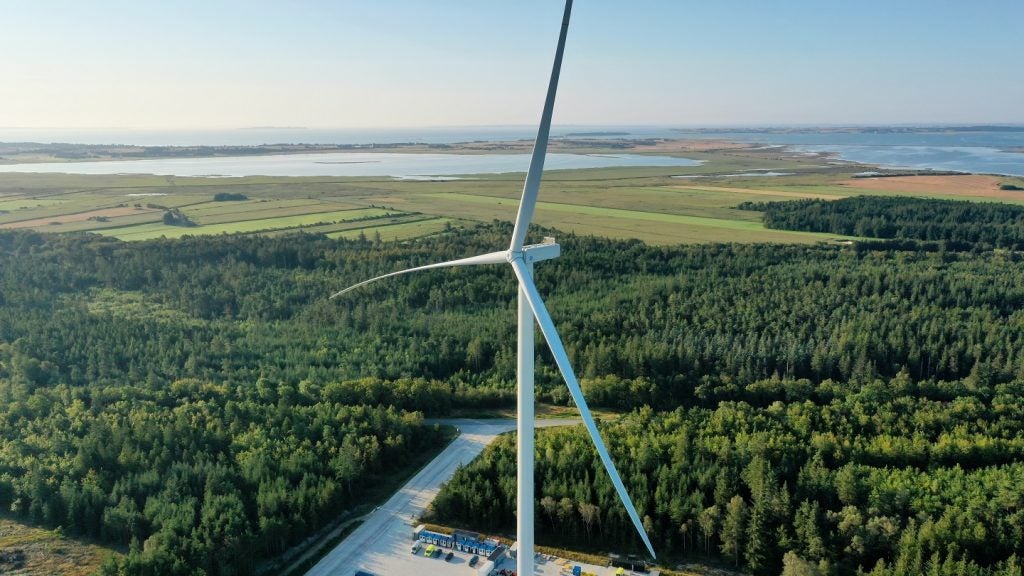GE Vernova's financial services business and Lizard Renewables have formed a joint venture (JV) named Alva Power to co-develop renewable energy projects in Italy.
The collaboration aims to advance Italy's electrification and decarbonisation objectives by supporting the development of wind, battery energy storage systems (BESS) and photovoltaic solar projects.
Alva Power will initially focus on progressing the development of more than 1GW of project capacity to a ready-to-build stage.
The projects that Lizard has already selected and prepared will include onshore wind farms.
GE Vernova will have a priority right to supply equipment and services for these projects.
The JV will also seek renewable energy opportunities beyond Italy in the medium to long term.
Alva Power will leverage GE Vernova's global financial and technological expertise, as well as Lizard's extensive network of strategic regional collaborations.
GE Vernova financial services European renewables leader Guilherme Carvalho stated: “We will collaborate with Lizard to harness our collective energy portfolio across our wind and electrification segments to support the development of renewable energy projects to a shovel-ready stage in Italy.
“We have vast experience in providing technology solutions supported by co-development and financing solutions throughout a renewable energy project lifecycle.
“We look forward to supporting Italy in its electrification and decarbonisation goals through our energy finance and technology expertise.”
GE Vernova has also been selected by Quinbrook Infrastructure Partners as the BESS integration provider for the second stage of its Supernode BESS project in Queensland, Australia.
This stage involves 250MW/1 gigawatt hour of storage. The Supernode project, which includes a BESS and data centre complex, will be one of the largest battery storage installations in the Australian national electricity market.
The construction of this battery storage system marks the second phase of a three-stage project.
GE Vernova was also awarded the contract for BESS integration for the first stage of the project, comprising 250MW/500 megawatt hours, which is currently in progress and is expected to be operational in early 2024.









